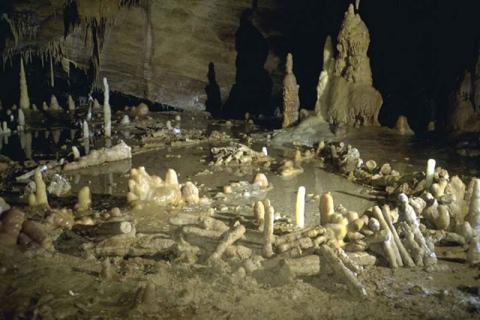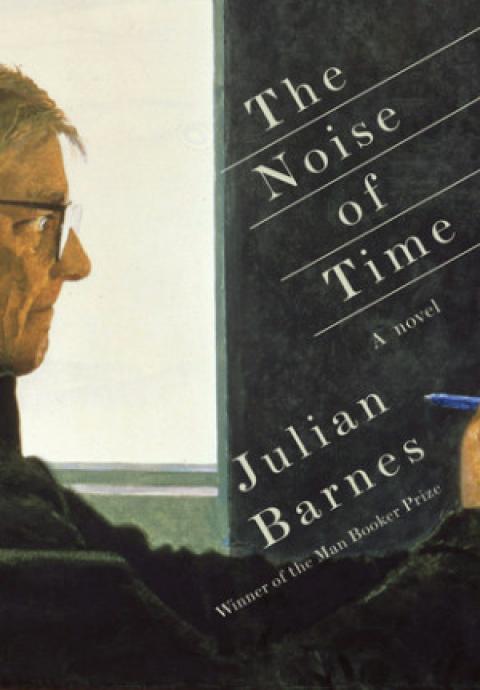Neanderthals Built Mystery Underground Circles 175,000 Years Ago
New Scientist

We can only guess as to why a group of Neanderthals built a series of large stalagmite structures in a French cave 175,000 years ago – but the fact they did provides a rare glimpse into our extinct cousin’s potential for social organisation in a challenging environment.










Spread the word